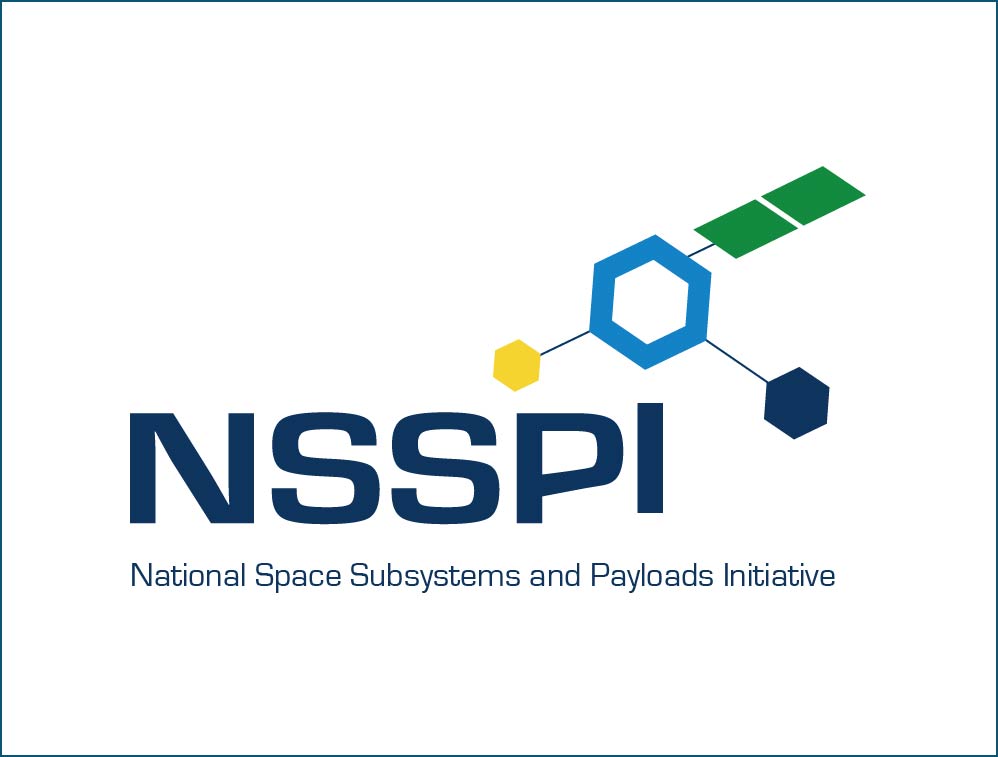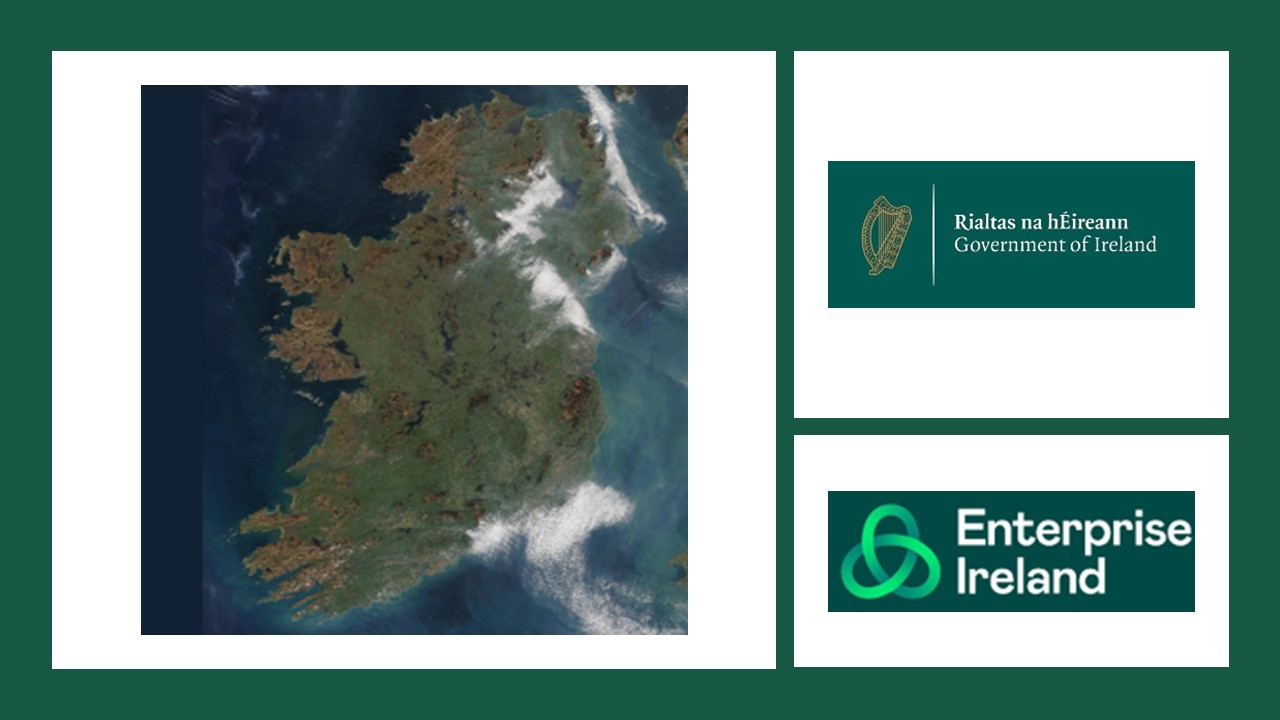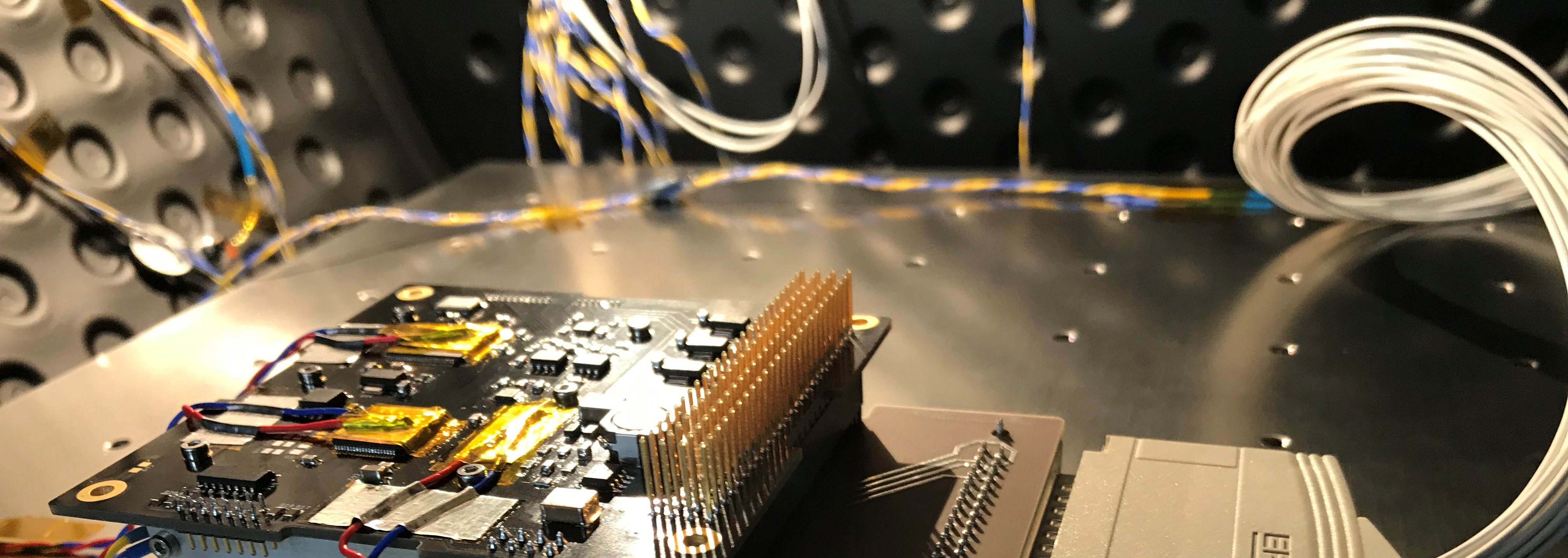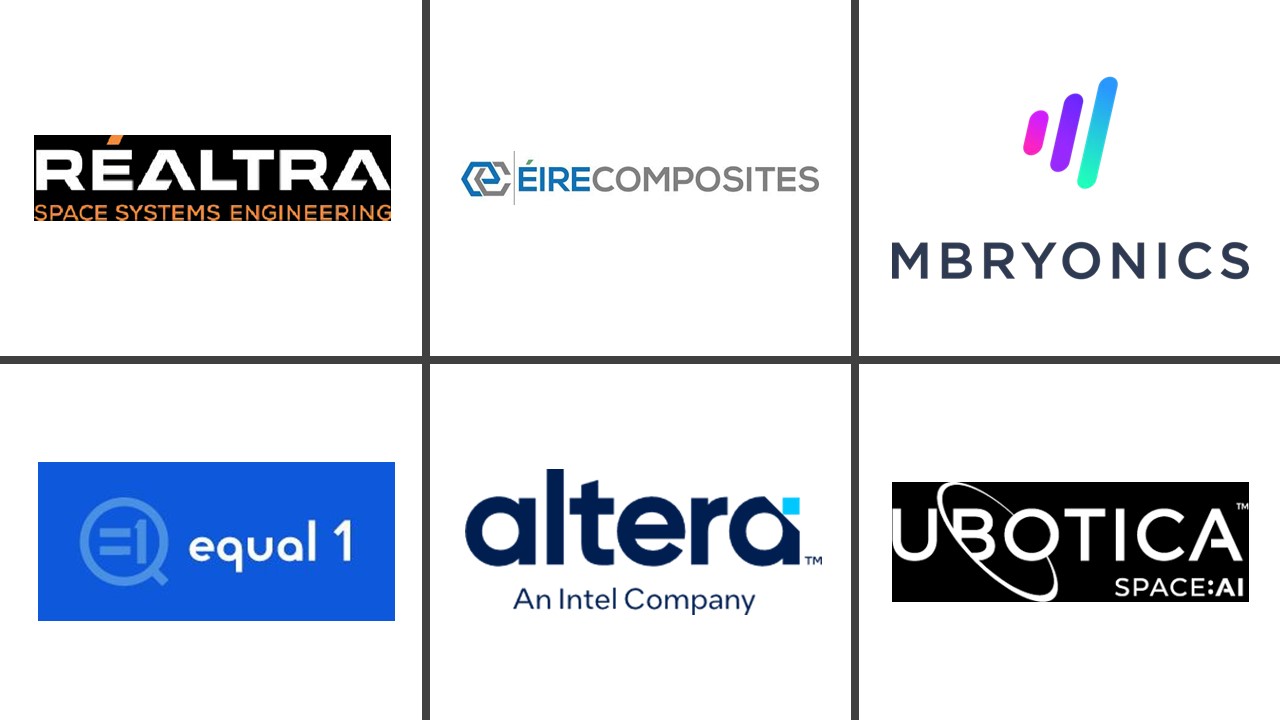

NSSPI
The National Space Subsystems and Payloads Initiative (NSSPI) aims to advance space technology development through collaboration, expertise, and research, positioning Ireland as a recognised hub of space excellence.

Overview
The National Space Subsystems and Payloads Initiative (NSSPI), funded by €7.9 million from the Irish Government's Disruptive Technologies Innovation Fund, administered by Enterprise Ireland, aims to advance space technology development through collaboration, expertise, and research, positioning Ireland as a recognised hub of space excellence.
The project which began in March 2024 is being carried out through a partnership between the UCD Colleges of Engineering & Architecture and Science, and six industry partners, including Réaltra, Ubotica, Altera, mBryonics, Equal1 and ÉireComposites.
To achieve its goal, an integrated software and hardware platform is being developed to streamline and mitigate the risks of integrating new consortium technologies into spacecraft. This platform includes model-based satellite design, hardware-in-the-loop satellite testing, payload integration and testing, and mission simulation tools. The industrial payloads focus on optical communication terminals, onboard computers/payload processors, and quantum computing payloads.
Follow us on (opens in a new window)LinkedIn

Our Research Areas
The project is organised into three clusters:
1) Optical Communications for Space
2) Autonomous Smart Satellites
3) Spacecraft and Payload Modelling, Simulation, Assembly, Integration and Test research support
The consortium members for the Optical Communications for Space Cluster (Altera, ÉireComposites, mBryonics, UCD) are using optical communications to interconnect satellites on orbit and to transport data between space and Earth. Similar to our fibre networks here on Earth, this will enable high capacity data transport backbone on orbit, reducing the need for multiple ground stations and meeting the capacity needs to power the Internet of Space. This Cluster will focus on the development of an Optical Ground Station (OGS) with optical phased array ground terminal with integrated photonics adaptive optics.
In the Autonomous Smart Satellites Cluster, a controller that enables Smart Autonomous Space assets e.g CubeSats, that have the hardware and software capacity to make their own decisions in real-time [AI controlled CubeSats], will be developed. This intelligence will apply to both the control of the CubeSat and to the data it is capturing, so CubeSats with this technology will be able to self-manage. The cluster will also deliver an Engineering Qualified Model (EQM) of a single board On Board Computer (OBC) with integrated AI Acceleration for CubeSats, enabling the on board processing of data specific and other AI applications, thus allowing the generation of Real Time, Actionable data on orbit.
The Spacecraft and Payload Modelling, Simulation, Assembly, Integration and Test research support Cluster will develop Satellite System Models in both virtual and virtual/hardware/software hybrid form to support consortium technology developments. These sophisticated and representative system models will allow the development of payloads by representing a spacecraft and allowing interfaces to the SME technology to be developed. The models will primarily be for smaller platforms [6U, 12U CubeSat form factor], but will be scalable to larger spacecraft.

Our Industry Partners
The NSSPI project is being carried out through a partnership between the UCD Colleges of Engineering & Architecture and Science, and six industry partners. The industry partners are Réaltra, Ubotica, Altera/Intel, mBryonics, Equal1 and ÉireComposites.
(opens in a new window)Réaltra Space Systems Engineering was formed in 2017 as a Division within Realtime to provide an enhanced combination of both technical design and space qualified production of spacecraft avionics equipment hardware to meet the challenging technical and environmental constraints of future commercial and scientific space missions.
(opens in a new window)Ubotica Technologies, founded in Ireland in 2016, develops and deploys Artificial Intelligence solutions for Space and Industrial edge computing applications using the Myriad family of Vision Processing Units. Ubotica Space related offerings cover both hardware and software libraries that enable the efficient application of AI and Computer Vision onboard small satellites.
(opens in a new window)Altera, an Intel Company, provides leadership programmable solutions that are easy-to-use and deploy in applications from cloud to edge, offering limitless AI possibilities. Their end-to-end broad portfolio of products including FPGAs, CPLDs, Intellectual Property, development tools, System on Modules, SmartNICs and IPUs provide the flexibility to accelerate innovation.
(opens in a new window)mBryonics Ltd. is an Irish SME founded in 2014 specialising in satellite optical communications technologies and advanced manufacturing. The company is a spin-out from the University of Galway, and has a proven track record in transforming high end research into commercially disruptive technologies. mBryonics is a vertically integrated company for the design, manufacture and operation of satellite optical communications technologies and infrastructure for the space and ground segments.
(opens in a new window)Equal1 is a spin-out from the UCD School of Electrical and Electronic Engineering and aims to democratise quantum computing by making it accessible and affordable with its innovative quantum silicon technology. By integrating the entire quantum computing system onto a single chip, Equal1 significantly reduces the size and cost of quantum computers, transforms their performance and scalability.
(opens in a new window)ÉireComposites is an innovative design, manufacturing and testing company, involved in lightweight, high-performance fibre reinforced composite materials, with an international blue-chip customer base of over 70 companies in the space, aerospace, marine, renewable energy and automotive sectors. ÉireComposites has established accredited aerospace composites manufacturing and testing facilities in Galway and has significant intellectual property in manufacturing and tooling for composite materials.
Meet Our Project Team
Find out more about our project team members below.







Dr Joseph Thompson
Research Fellow

Dr David Murphy
Research Fellow

Dr Shane Farrell
Postdoctoral Researcher

Dr Anupa De Silva
Postdoctoral Researcher

Dr Ryan Paetzold
Research Engineer

Dr Colin Wade
Research Scientist

Akhil Vinod Kumar
Research Assistant

